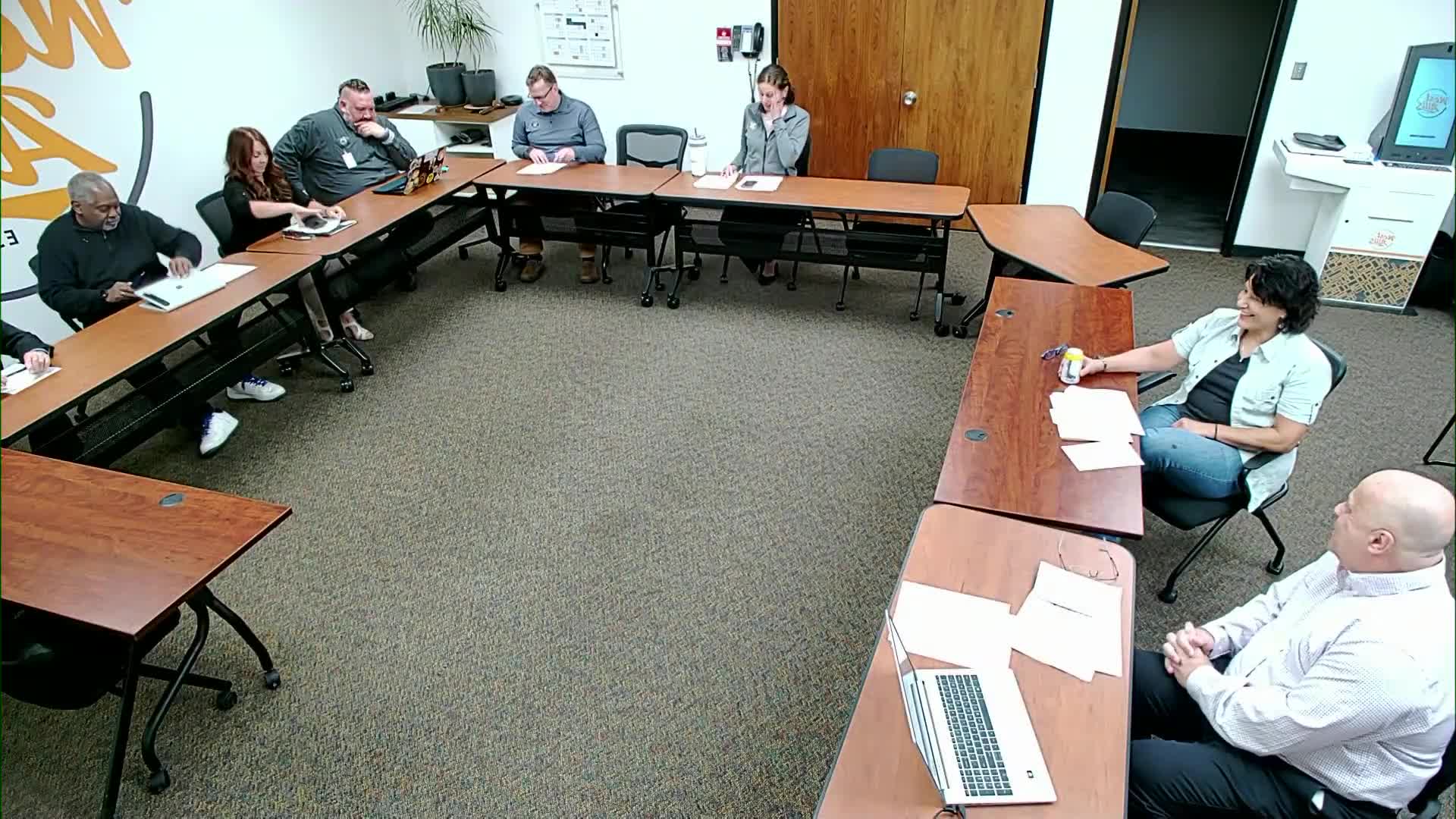West Allis public works outlines curbside single‑stream recycling, enforcement and drop‑off services
Get AI-powered insights, summaries, and transcripts
Subscribe
Summary
Public works staff described the city’s single‑stream curbside program serving about 22,000 residential units, enforcement steps for improper set‑out and drop‑off operations, grant funding and processing costs; no policy action was taken.
Dave, director of public works, told the Public Works Committee at a meeting that the city provides curbside recycling collection for residential units of four or fewer and operates municipal drop‑off sites, and outlined program operations, enforcement and costs.
The update matters because the program serves roughly 22,000 residential units, complies with a Wisconsin state statute and municipal code 7.24, and affects grant eligibility and city budget lines tied to processing tonnage and material quality.
Dave said West Allis moved in 2017 from multi‑stream collection to single‑stream 96‑gallon carts to increase participation and safety, and the city supplied one free cart per residential unit and allowed a second cart for a fee. He said the city provided about 22,000 carts and that the second cart is charged at $55; since February 2022 the city has sold about 500 additional carts. “Why do we recycle? Well, number 1 is it’s good for the environment,” Dave said, summarizing environmental and economic benefits cited in the presentation.
Staff said curbside service covers single‑family and up to four‑unit properties; properties of five or more units and businesses must secure their own recycling arrangements, though the city audits larger properties for compliance. Processing of single‑stream materials is contracted to Johns Disposal, which staff said is about 15 miles from the city and can result in approximately one‑hour wait times when trucks are emptied. Crews use a shuttle driver to swap full trucks and return them to the processor; staff said crews average about four drop‑offs per day to the processor.
Sarah Divitz, sanitation supervisor, described on‑the‑ground enforcement and resident education. Crews leave courtesy door hangers with a QR code and guidance when materials are set out improperly; staff use a GIS‑linked quick‑capture application to send photos to supervisors and to track repeat problems. “We’re gonna let you know what’s wrong,” Sarah said, describing a graduated approach that starts with education, moves to a written “correction” notice and can escalate to a citation and court if not corrected.
Brenda Schmidt coordinates the city’s annual Department of Natural Resources (DNR) compliance report each April, staff said. Dave reported the city has secured approximately $220,000 to $250,000 in state grant funding for the program over the past four years; staff said grant awards are influenced by tonnage collected and by the city’s quality control and enforcement records. In February 2018 the city received a Recycling Excellence award from the Wisconsin DNR, staff noted.
Staff described municipal drop‑off operations at the U Avenue/Morgan sites, listing accepted materials and limited fees for some items. Staff said electronics collection carries a fee range of about $25–$45 for larger TVs and that the city pays a roughly $25 service call to have collection racks emptied; the contract with the processor also includes a per‑ton tipping arrangement and a revenue‑share when materials are sold, but current market conditions mean the city is paying processing costs and not receiving net revenue. Dave said processing costs can average about $20,000–$25,000 per month, depending on market prices, and that contract terms include a 20% share of profits when materials sell.
The presentation covered composting history and current practice: the city contracted with Blue Ribbon Organics for yard waste and leaf processing and said returning to an in‑house compost facility would require new equipment, dedicated staff and regulatory monitoring, including rodent abatement requirements under the municipal code.
Staff listed municipal partners that support recycling and specialty collections, including Johns Disposal, Legacy (electronics), OSI Environmental (waste oil), Badger Materials (tire recycling), All Star (battery recycling), Blue Ribbon Organics (yard waste) and hauling contractors such as Fisher Trucking and Waste Management. The city also uses AssetWorks to record labor, equipment and material costs for events and responses, which staff said speeds grant and reimbursement reporting.
Committee members asked about TV recycling costs, enforcement at rental properties and audits of businesses and larger multi‑unit buildings. Staff said citations are typically directed to property owners if rental tenants are noncompliant and that audits of businesses or properties over four units are performed as needed or in response to complaints.
No formal policy changes or votes were recorded on the recycling item; staff said the update was informational and the committee moved on to the next agenda item.
